 In response to accusations tweeted today by Donald Trump, Google has issued a statement saying that it doesn't tailor its search results based on political ideologies. Across two tweets, the president claimed that Google searches for "Trump News" sur...
In response to accusations tweeted today by Donald Trump, Google has issued a statement saying that it doesn't tailor its search results based on political ideologies. Across two tweets, the president claimed that Google searches for "Trump News" sur...
Google defends search policy following Trump accusations
 In response to accusations tweeted today by Donald Trump, Google has issued a statement saying that it doesn't tailor its search results based on political ideologies. Across two tweets, the president claimed that Google searches for "Trump News" sur...
In response to accusations tweeted today by Donald Trump, Google has issued a statement saying that it doesn't tailor its search results based on political ideologies. Across two tweets, the president claimed that Google searches for "Trump News" sur...
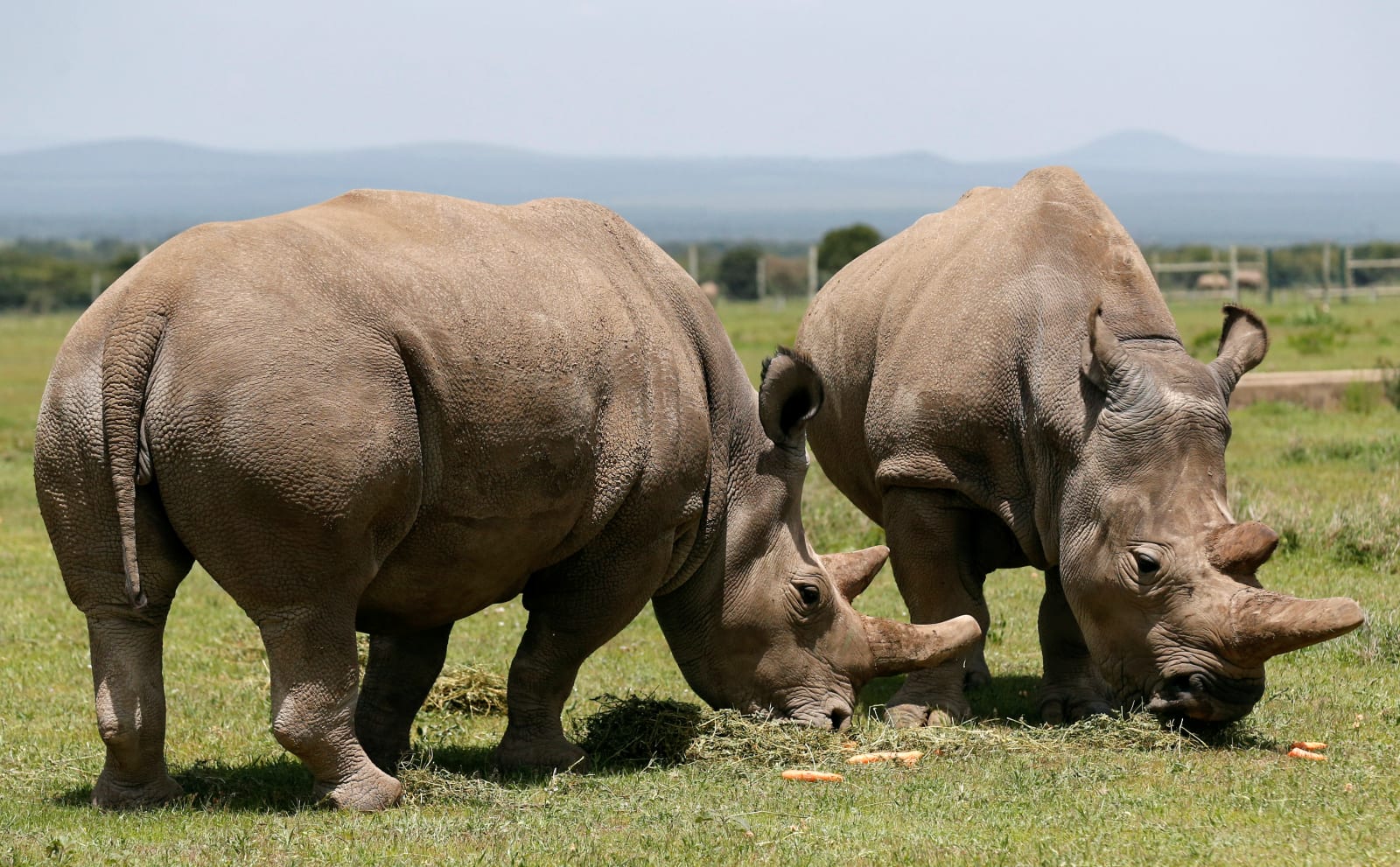 The northern white rhino faces a grim fate when its last surviving examples are two infertile females. A novel scientific technique might just spare the species from extinction, however. Researchers have successfully created the first lab-made rhin...
The northern white rhino faces a grim fate when its last surviving examples are two infertile females. A novel scientific technique might just spare the species from extinction, however. Researchers have successfully created the first lab-made rhin...
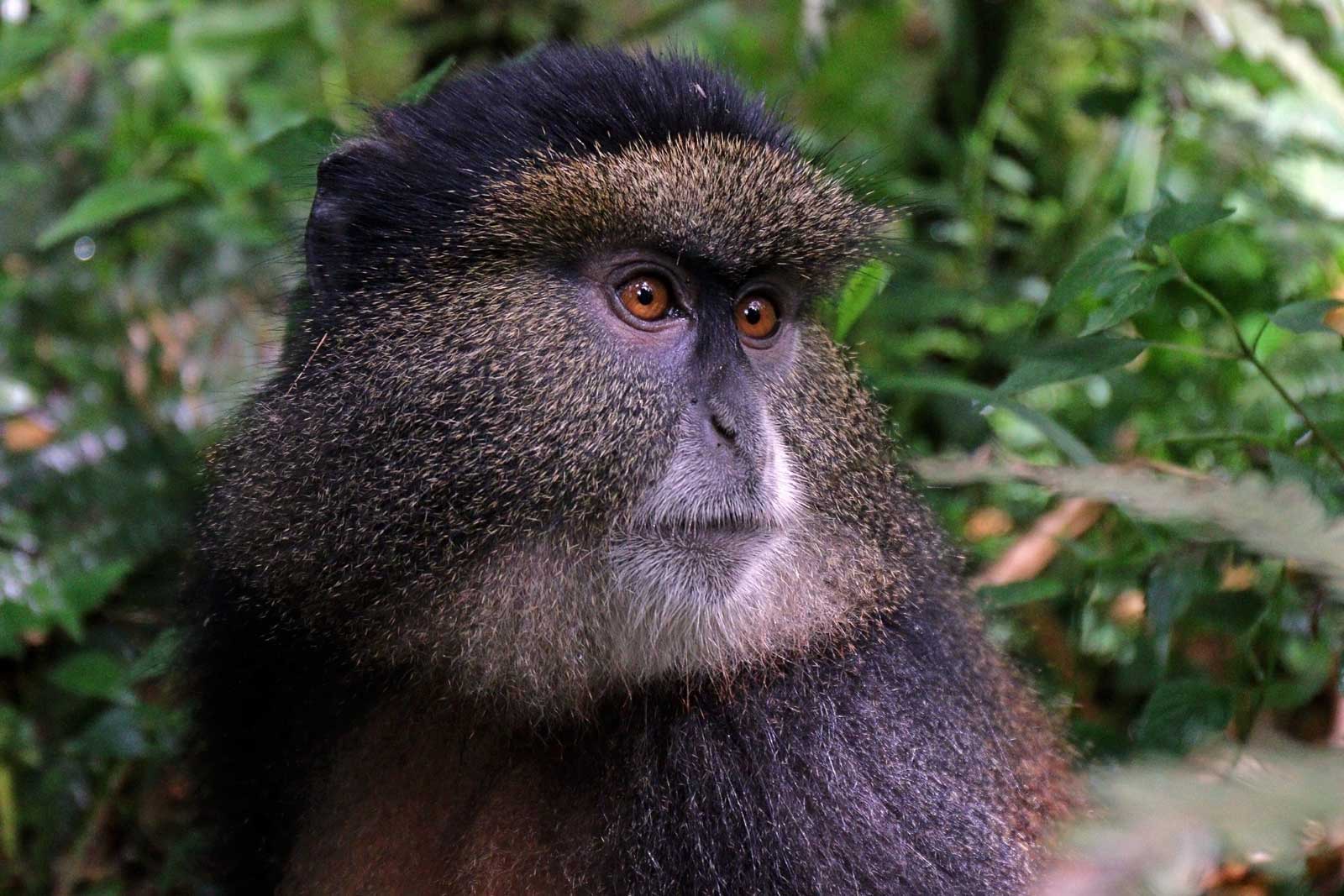 Facial recognition isn't limited to humans. Researchers have developed a face detection system, PrimNet, that should help save endangered primates by tracking them in a non-invasive way. The neural network-based approach lets field workers keep tab...
Facial recognition isn't limited to humans. Researchers have developed a face detection system, PrimNet, that should help save endangered primates by tracking them in a non-invasive way. The neural network-based approach lets field workers keep tab...
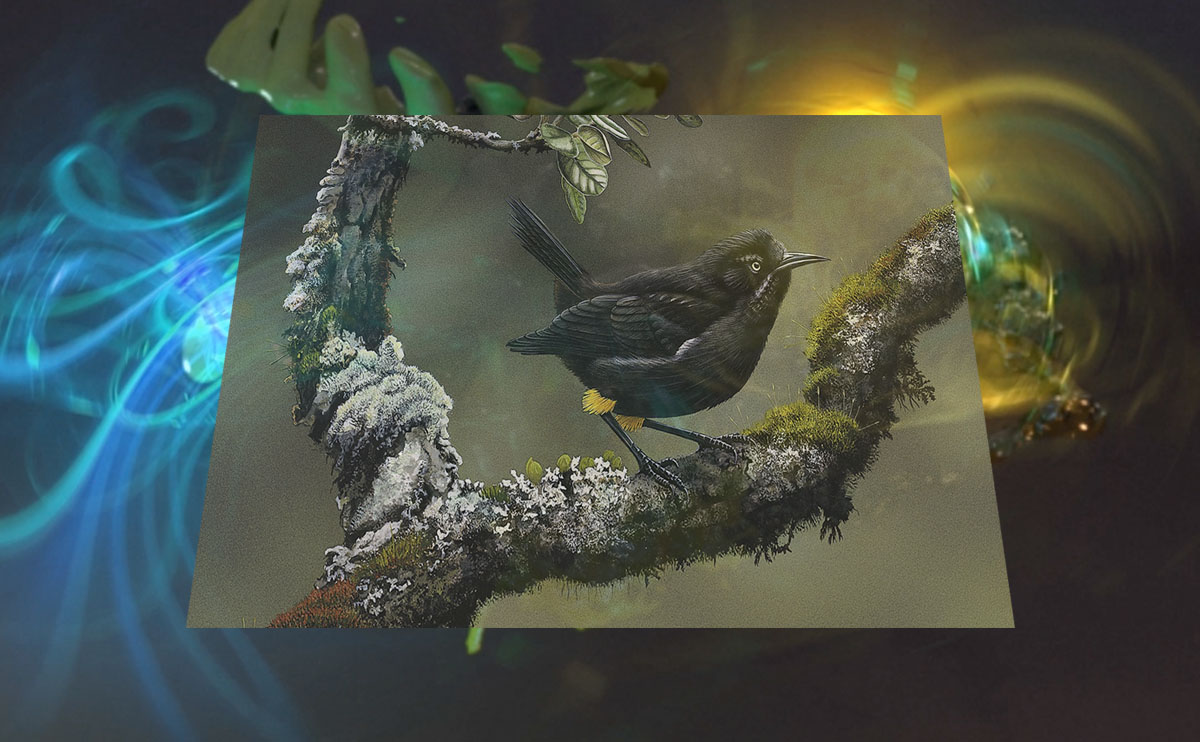 Kauai, Hawaii –– In 2015, Danish environmental artist Jakob Kudsk Steensen became obsessed with a bird that no longer exists. The Kaua'i 'o'o, a now-extinct species of small honeyeater, was last seen in Hawaii in 1987.
According to a rec...
Kauai, Hawaii –– In 2015, Danish environmental artist Jakob Kudsk Steensen became obsessed with a bird that no longer exists. The Kaua'i 'o'o, a now-extinct species of small honeyeater, was last seen in Hawaii in 1987.
According to a rec...
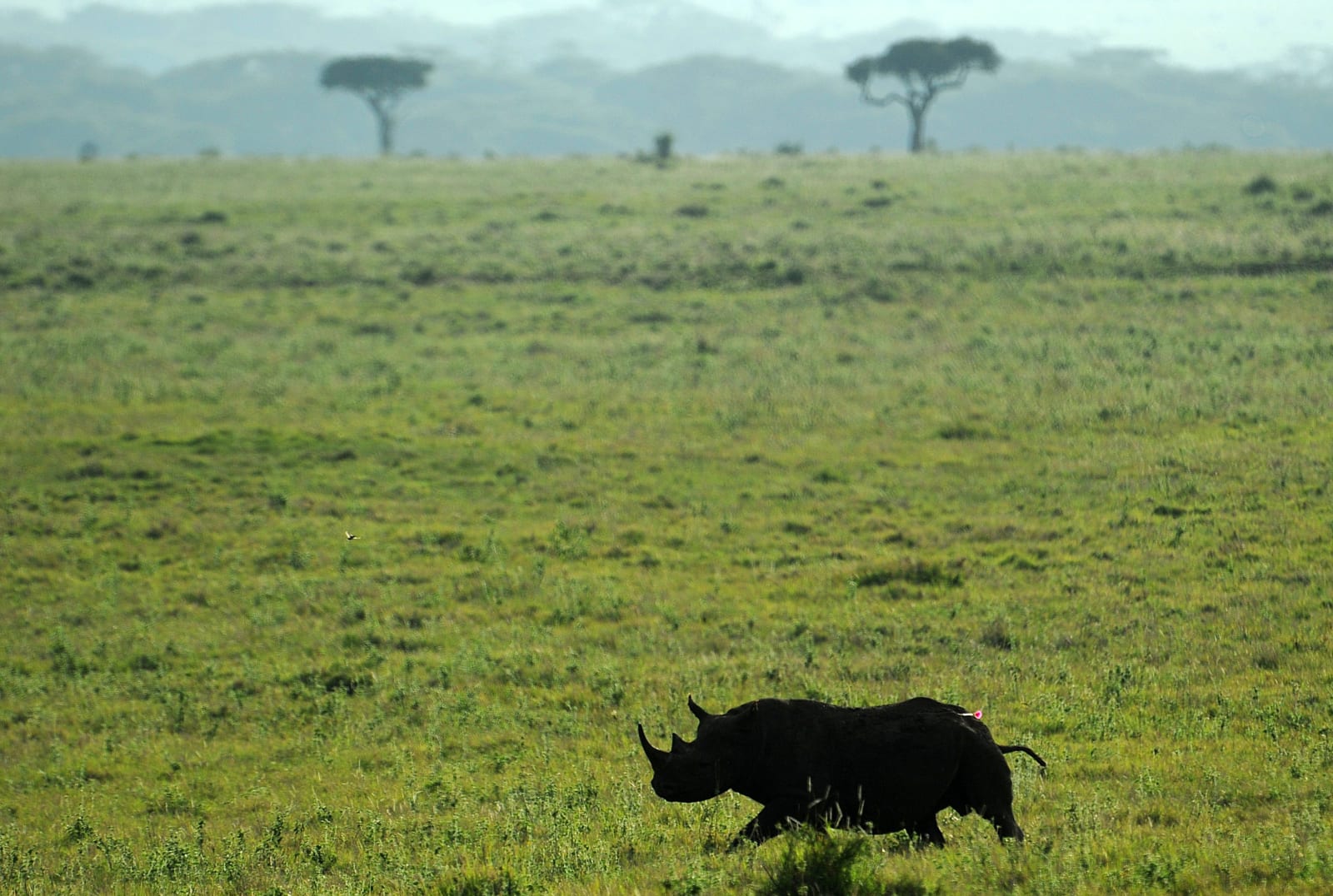 Most of us don't think about rhinos on a daily basis. We're too consumed with maintaining inbox-zero or making sure our cat is healthy. When the last male white northern rhino died in March, the impact on most of us was minimal because the now-extinc...
Most of us don't think about rhinos on a daily basis. We're too consumed with maintaining inbox-zero or making sure our cat is healthy. When the last male white northern rhino died in March, the impact on most of us was minimal because the now-extinc...
 At first, the elephant looks like it's asleep. But then you notice it has stumps where there should be feet. Its tusks have been sawed off. And there are countless maggots crawling along a gaping hole in its face. It's a horrifying image as I describ...
At first, the elephant looks like it's asleep. But then you notice it has stumps where there should be feet. Its tusks have been sawed off. And there are countless maggots crawling along a gaping hole in its face. It's a horrifying image as I describ...
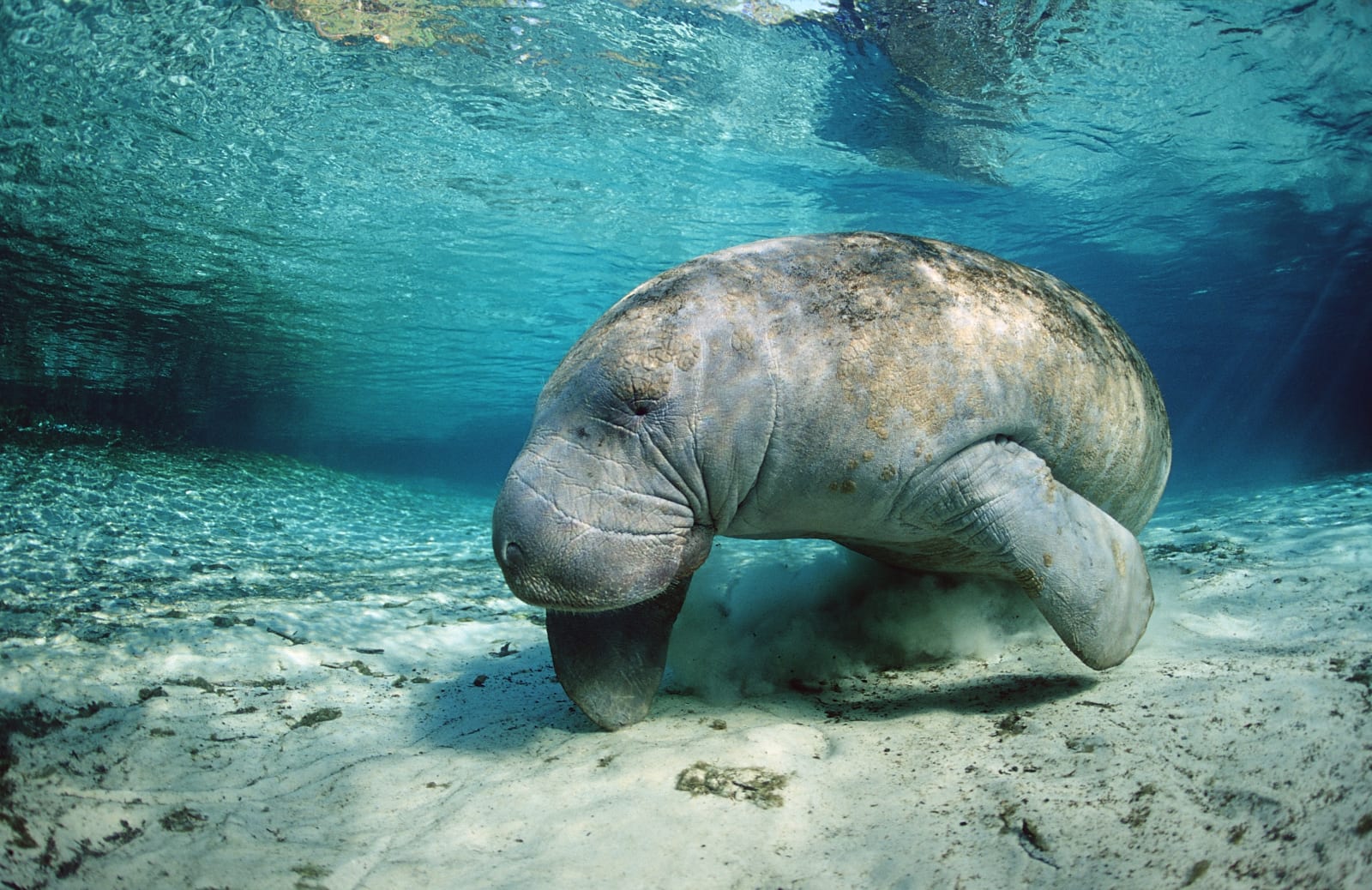 It's one thing to track endangered animals on land, but it's another to follow them when they're in the water. How do you spot individual critters when all you have are large-scale aerial photos? Google might just help. Queensland University resea...
It's one thing to track endangered animals on land, but it's another to follow them when they're in the water. How do you spot individual critters when all you have are large-scale aerial photos? Google might just help. Queensland University resea...
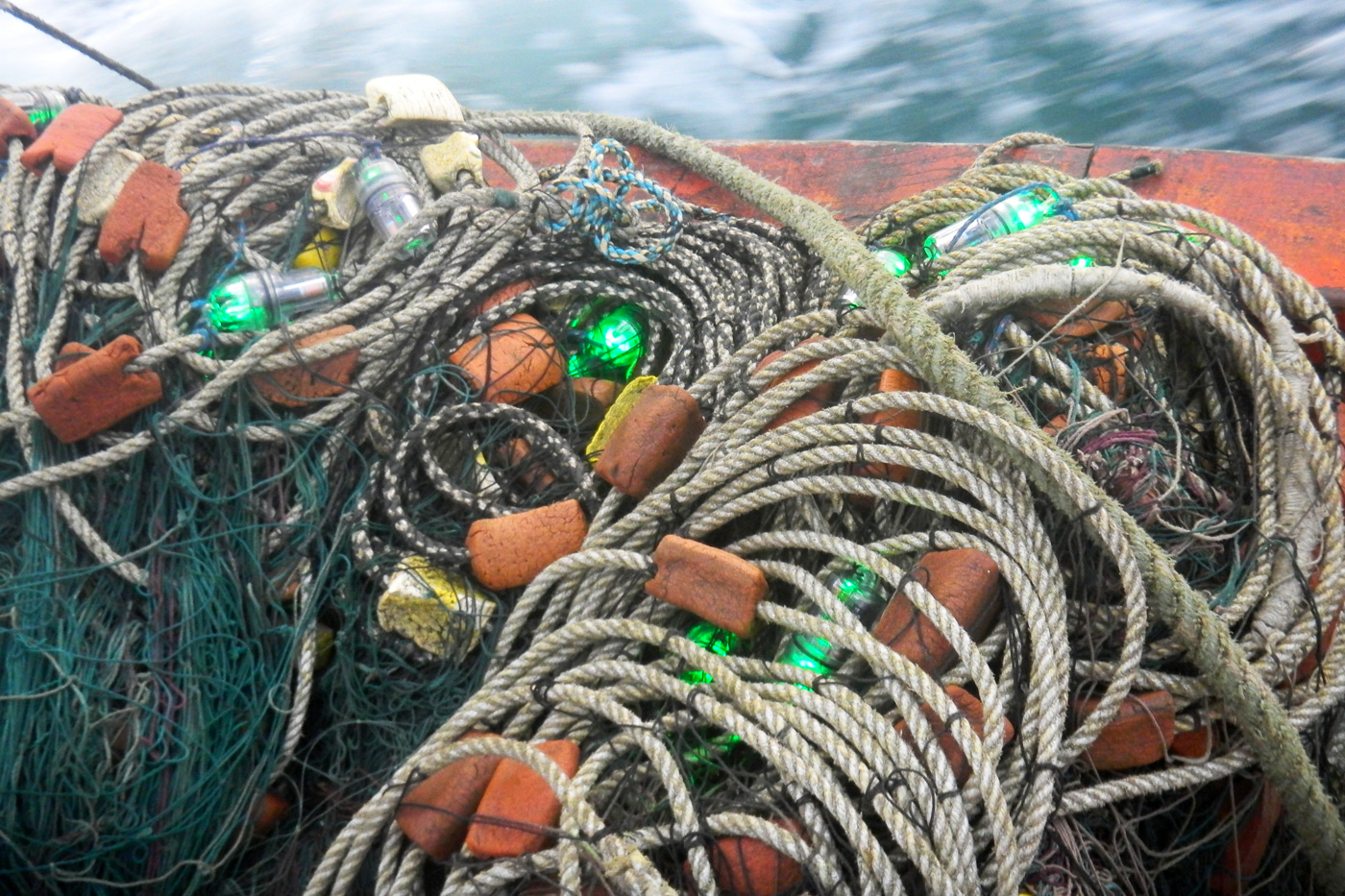 Sometimes, it's the simplest tech that makes the biggest difference. University of Exeter researchers have crafted fishing nets with evenly distributed green LED lights (one every 33 feet) that warn sea turtles away without spooking fish. While scien...
Sometimes, it's the simplest tech that makes the biggest difference. University of Exeter researchers have crafted fishing nets with evenly distributed green LED lights (one every 33 feet) that warn sea turtles away without spooking fish. While scien...
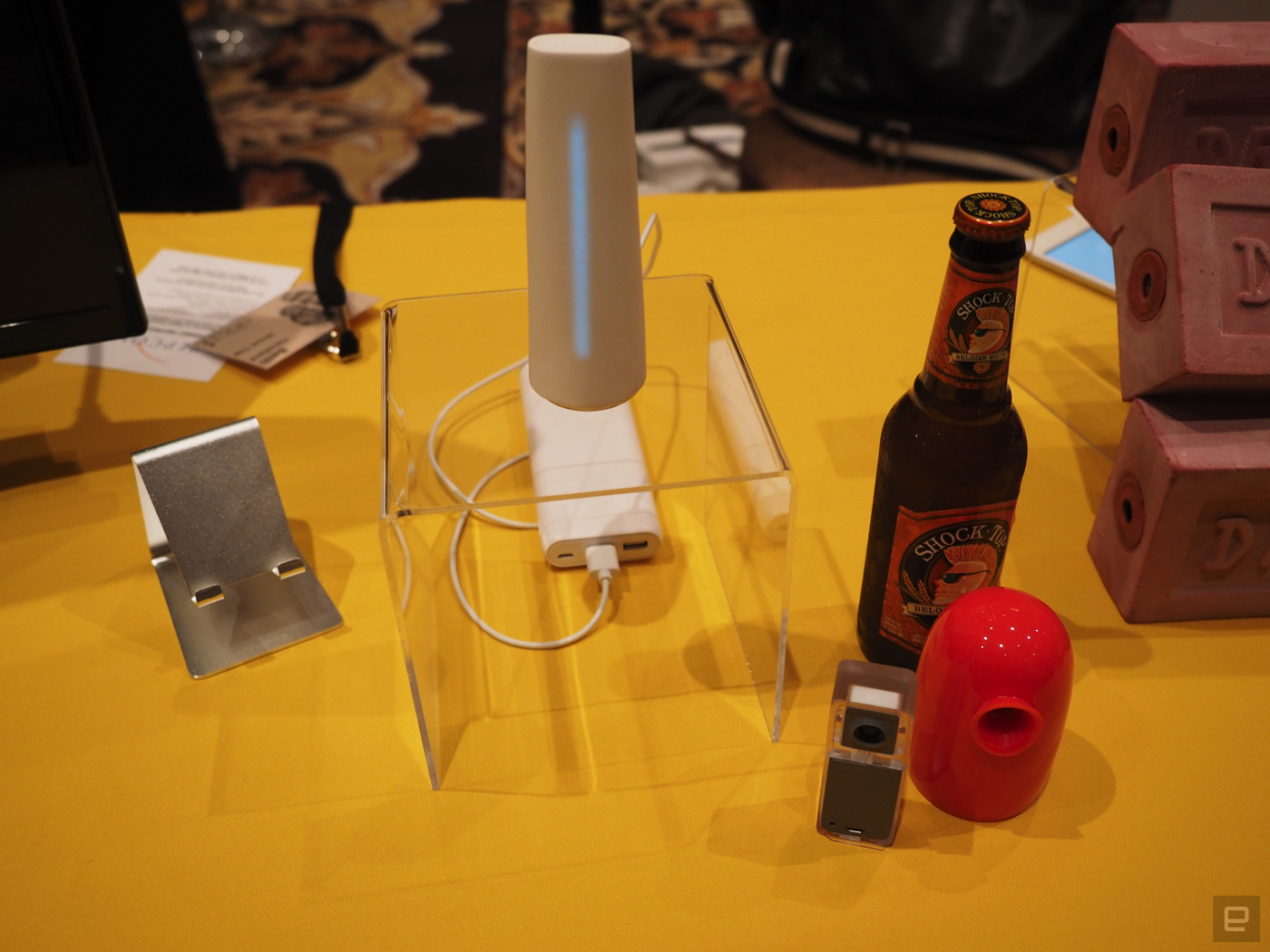 Nascent Objects has teamed with Shock Top (yes, Shock Top the beer company) to develop and debut a new, modular water conservation device called the Droppler. Its simple white housing holds a pair of microphones that have been trained to recognize th...
Nascent Objects has teamed with Shock Top (yes, Shock Top the beer company) to develop and debut a new, modular water conservation device called the Droppler. Its simple white housing holds a pair of microphones that have been trained to recognize th...
 Aside from building a coal-fired power station, the thing that activates your brain's climate-guilt gland the fastest is taking a luxurious bath. Unfortunately, using a shower isn't that much better for the planet, which is why Dutch startup Hamwells...
Aside from building a coal-fired power station, the thing that activates your brain's climate-guilt gland the fastest is taking a luxurious bath. Unfortunately, using a shower isn't that much better for the planet, which is why Dutch startup Hamwells...